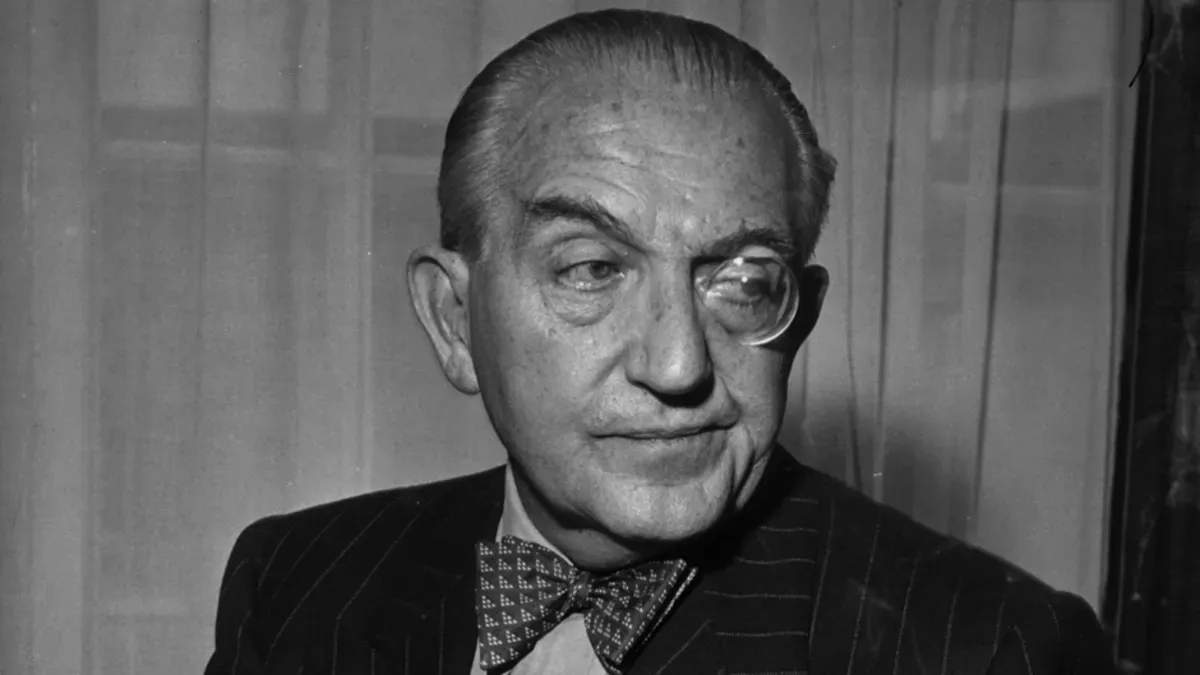Fritz on Fridays: The Lost Films of Fritz Lang
Like many prolific filmmakers active in the first half of the 20th century, Fritz Lang’s filmography did not make it to the present in its entirety.

On the first Friday of every month, this column by critic Joshua Polanski will feature a short review or essay on a film directed by Fritz Lang (1890-1976), the great Austrian “Master of Darkness.” Occasionally (but not too occasionally), Fritz on Fridays will also feature interviews and conversations with relevant critics, scholars and filmmakers about Lang’s influence and filmography.
Like many prolific filmmakers active in the first half of the 20th century, Fritz Lang’s filmography did not make it to the present in its entirety. Many of the films he worked on prior to 1921 are considered lost, presumptively lost or effectively lost. Several are listed by Silent Era, one of the internet’s best information resources on films of the era, as having an “unknown” survival status, a not-too optimistic description of their situation. Inshallah, some of them will turn up in some archive, salt mine or restaurant basement in the not-too-distant future. But the farther from the past we move, the less likely recovery seems plausible. We must assume these films are lost for good.
Lang’s lost works naturally come from his early years in Germany as a young artist. He lived in Berlin as his native Austria-Hungary crumpled back home, as World War I slowed to an end and as history ushered in the Weimar Republic. It was a period of intense, clamorous history to which the immigrant director had a first-row seat.
As the German economy rebounded from war and people looked to entertainment for distractions and catharsis from the trauma and grief, Lang began his career in filmmaking through a partnership with Erich Pommer that began after the producer attended a performance of Der Hias, a wartime propaganda play in which Lang acted. Pommer, initially not impressed with Lang as an actor, warmed up to his more ambitious ideas after conversing with him and eventually brought him on to his production company, Decla Film (later renamed Decla-Bioscop), where Lang would get his start and the home to The Cabinet of Dr. Caligari, which Lang almost directed. His lost works have a concentration in the Decla years.
Many of the lost Langian treasures were films Lang wrote but did not direct. In her hagiographic and historically untrustworthy (authorized) biography, Lotte H. Eisner, the German-French film critic and Lang’s friend, cites early collaborator Pommer as a source claiming that the first script Lang ever worked on was a Berlin production called Die Peitsche (The Whip) in 1916. “No one now knows if it was ever made into a film nor what it was about,” though, so Eisner only gives it a quasi-mention in her filmography and didn’t seem to push the director for more information.
Continue reading at the Midwest Film Journal.